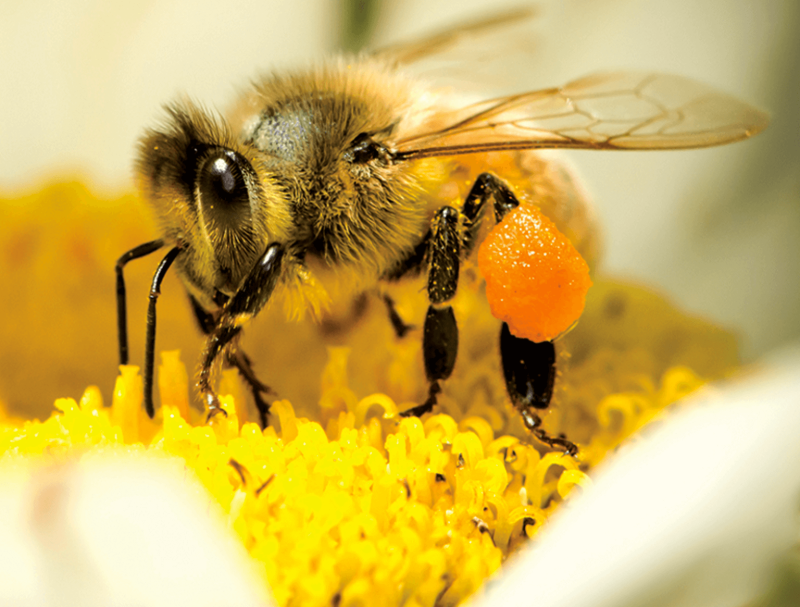The GLP aggregated and excerpted this press release to reflect the diversity of news, opinion and analysis.
Research conducted in Finland on neonicotinoid seed treatment has yielded different results from the studies on which the European Commission’s ban is based. In Finland, the residue levels are so low that they seem to cause no acute harm to bees.
In 2013, the European Commission restricted the use of neonicotinoid products, banning them in the seed treatment of crops favoured by bees, such as oilseed and turnip rape. Neonicotinoids are neurotoxins used as active ingredients in pesticides. The decision was based on the European Food Safety Authority’s (EFSA) risk assessment, according to which neonicotinoid use on crops attractive to bees is harmful to bees and other pollinators.
Finland objected to the Commission’s decision. Natural Resources Institute Finland (Luke) and Finnish Food Safety Authority Evira launched the Neomehi project to examine the impact of neonicotinoid insecticides on bees in the cultivation of spring oilseed crops. The suspected risks of their detrimental effects were observed in more southerly farming conditions.
The research conducted in Finland yielded different results from the studies on which the Commission based its decision.
– Neonicotinoid seed treatment seems to have no immediate impact on bee survival in Finland, says Luke researcher Jarmo Ketola, who headed the soon-to-be-completed project.
. . . .
There are currently no alternatives to neonicotinoids. Small beetles, such as flea beetles, interfere with the growth of oilseed and turnip rape seedlings in the spring, and can lower the quality and quantity of the crop.
In Finland, it is feared that the pesticide ban will affect the crop certainty of oilseed plants and reduce farmers’ willingness to grow them.
– This would jeopardise the use of oilseed and turnip rape as domestic raw material in vegetable oil, food and fuel, and as a source of protein in farm animal feed. Flowering oilseed and turnip rape are also important food sources for bees, and if their cultivation is reduced, so will the benefits of crop rotation, explains researcher Jarmo Ketola.
Read full, original press release: Neonicotinoid seed treatment has no immediate impact on bees in Finland































